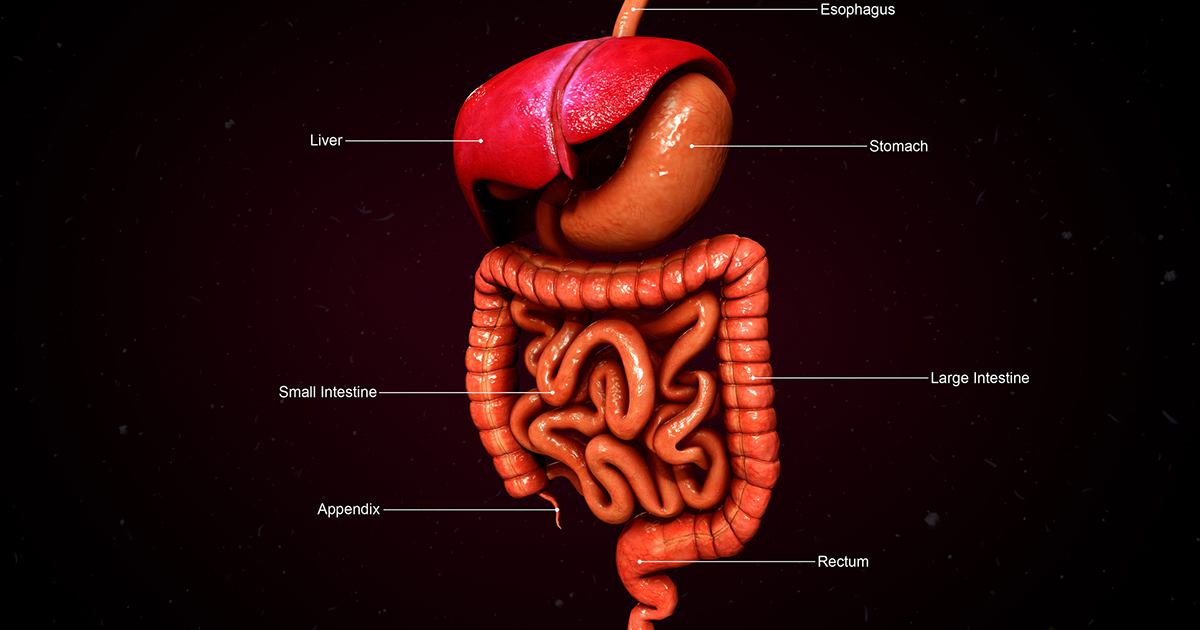Living With Inflammatory Bowel Disease; Should You Try A Low-Residue Diet?
Inflammatory bowel disease (IBD) refers to disorders involving the chronic inflammation of an individual’s digestive tract. The two most common types of IBD are ulcerative colitis and Crohn's disease. Those with IBD often find themselves having to make significant dietary and lifestyle changes to better cope with their painful and life-interrupting symptoms.
Some doctors recommend those with IBD try a low-residue diet. Essentially, a low-residue diet involves eating easy-to-digest foods that allow the individual to have a few small bowel movements each day. This means cutting out high-fiber foods the human digestive system is not able to easily process, such as nuts and grains. Continue reading for information on low-residue diets and how they can help IBD.
Limitations On High-Fiber Food Intake

While everyone needs to get enough fiber to stay healthy, there is such thing as getting too much fiber, especially for those with IBD. The body cannot easily break down high-fiber foods and absorb them into the bloodstream. Even those who do not have an inflammatory bowel disease can become bloated and feel gassy when they consume too much high-fiber food at once. While patients with IBD do not necessarily need to avoid all high-fiber food, it is important to moderate the consumption of these foods. When picking food with fiber, look for soluble fiber, as this helps with controlling blood sugar and cholesterol levels.
Crohn's Disease And Nutrient Absorption

Individuals with Crohn's disease, an incurable form of inflammatory bowel disease, are inundated with painful and life-disrupting symptoms caused by inflammation of the gastrointestinal (GI) tract. This inflammation can occur anywhere in the GI tract, starting with the mouth and ending with the anus, although it is most commonly found near the end of the small intestine. This makes it difficult for the body to properly absorb nutrients, which can lead to the person eating less, not feeling hungry, and experiencing severe diarrhea and dehydration. Since high-fiber food triggers Crohn's symptoms, a low-residue diet is ideal to help control their severity.
